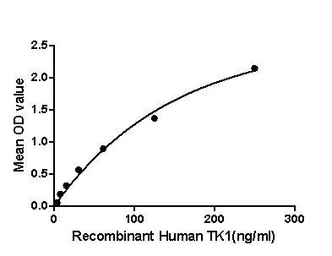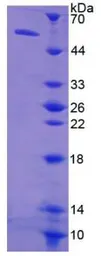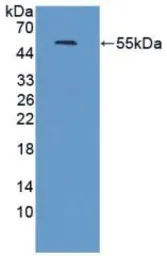Human Thymidine Kinase 1 protein, His and GST tag
Cat. No. GTX00185-pro
Cat. No. GTX00185-pro
-
ApplicationsFunctional Assay
-
SpeciesHuman


